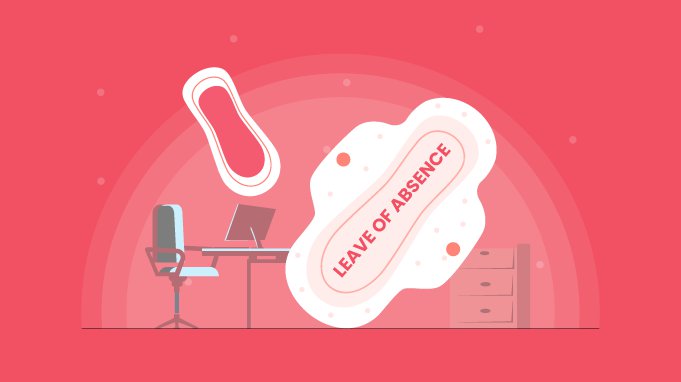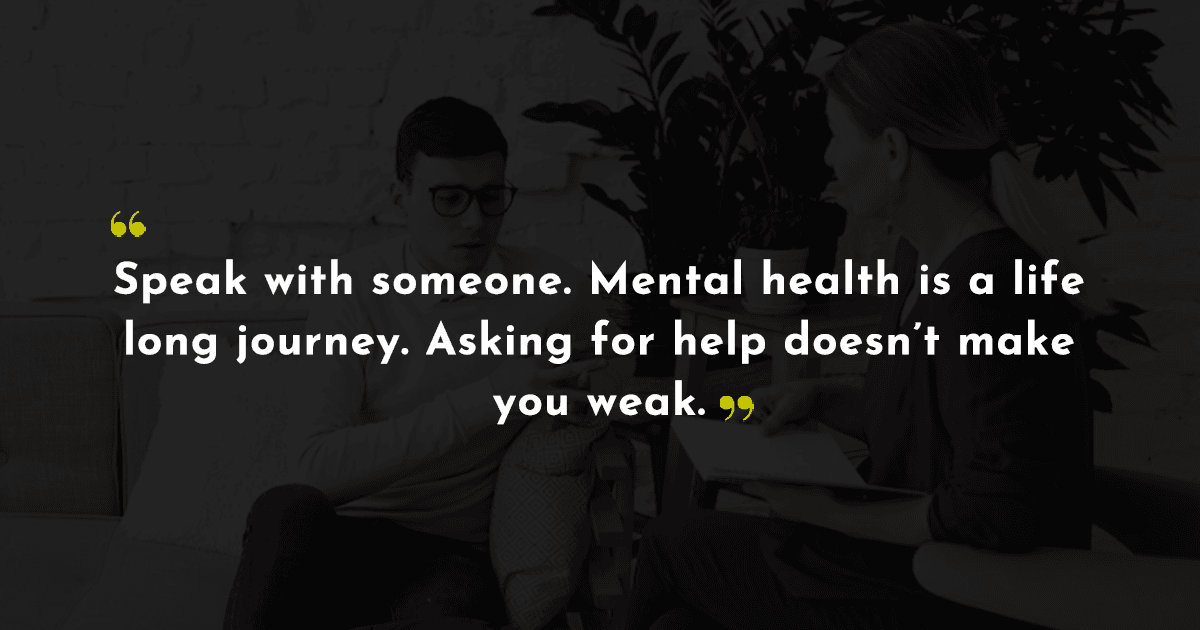Mental health is important and it’s great that workplaces are not actively taking part in the conversations about it. But just hosting mental health seminars are pointless unless you can actually make changes to the way a company functions.
1. Make sure your employees don’t take their work home.
It might seem difficult but that is the least you can do for your employees. Hustle culture has all of us convinced to bust our backsides every moment we are awake but human beings are meant to push papers. We are social creatures that have personal lives outside the office and it is essential that we are allowed to live that part of our lives without having to take work calls after office hours.

2. Listen to your employees before making unilateral decisions about the work they specialise in.
Being at the top of the food chain means bosses don’t really have an idea of how groundwork is actually done. You might think otherwise but that just implies that you are at the top of the food chain. Talk to your employees, see how they work, consult them and take their advice and opinions seriously before making decisions on their behalf.

3. Stop asking your employees to come back to the workplace to do a job they have been doing for 2 years now from home and doing it well.
Now, this doesn’t apply to every profession but pushing papers is not something you need to do from the office. You can do it just as well from home. If the employee’s physical presence isn’t explicitly needed, don’t ask them to interrupt their regular life and travel hours every day to be sat at a desk and a chair to do a job they could very well do from their own beds in the comfort of their own homes.

4. Make menstrual leaves a reality for your organisation and ensure your employees aren’t discriminated against for availing said leaves.
Menstruation is painful. Periods hurt. Nobody enjoys blood and tissues constantly flowing out of their bodies for a whole damn week. So make menstrual leaves a reality. That said, you also need to make sure that they aren’t punished in any way for taking those leaves.

5. Normalise employees taking leaves to take care of their own mental health.
You already do it when they are physically ill. Mental health is more likely to hurt you a lot more than a cold. So why is it that you can take leaves when you have a cold but not if you are feeling healthy mentally? You can have all the mental health seminars in the world in your workplace but as long as it isn’t given the same importance as physical illness, it will remain a fruitless venture.

6. Take employee complaints about discrimination seriously, especially when they come from women, people of the LGBTQ+ community, or members of SC/ST among other marginalised communities.
People from marginalised communities have already seen the worst the world has to offer, make no mistake. For them to where you are has taken a significantly more valiant effort than you can fathom. So if they complain about something, take it as seriously as you possibly can, for it might be a matter of life and death.

7. Diversify your staff, and not just at the grassroots levels but from the top-down.
Quite often you will see companies boasting about diversity in their offices while the entire decision-making table, the people with real people will have come from virtually the same background. The most effective changes happen from the top down. Having diverse decision-makers allows them to actually empathise with employees who come from diverse backgrounds, thus ensuring your workers don’t feel alienated and lonely.

8. Ensure provisions that allow your employees to help see therapists or other professionals with expertise in mental health independent of your organisation.
It’s a great first step to have a therapist on call for all your employees but you must understand and this is important that you do- YOUR EMPLYOYEES DO NOT TRUST YOU. And as a rule of thumb, they very likely don’t trust your appointed therapist either. No matter how much you assure them of privacy, it won’t matter. It’s a very personal subject that people don’t even talk about, so why would they discuss it with someone on your payroll?

9. Ensure recreational activities at your workplace but don’t make them compulsory.
Everybody deserves a break. But you can’t force people to take a break with you. If someone doesn’t want to be part of rangoli making competition, don’t insist. They might participate out of peer pressure and under the fear of being the outcast but it simply ends up doing more harm than good.

10. Increase the number of leaves your employees are allowed to take, especially at the bottom.
People who are at the bottom of the food chain work disproportionally hard compared to the wages they receive. Deny it all you want but we know how capitalism works. Ideally, you should just increase their wages and treat them as humans but since you think that would affect your profits, the least you could do it allow them more leaves.

Look, this is not to say that mental health seminars are pointless. They are not. But without making other important changes to your organisation, it simply will not work. When you have mental health seminars without making structural changes to your organisation, you are simply operating under the assumption that all your employees’ problems stem from their personal lives, which is simply untrue.
Also Read:
10 Things That Are Way Better For Mental Health That Mental Health Seminars At Work
15 Health Benefits Of Drinking Beer That’ll Make You Wanna Raise Your Glass
What Hurts More Giving Birth or Getting Kicked in the Privates

















